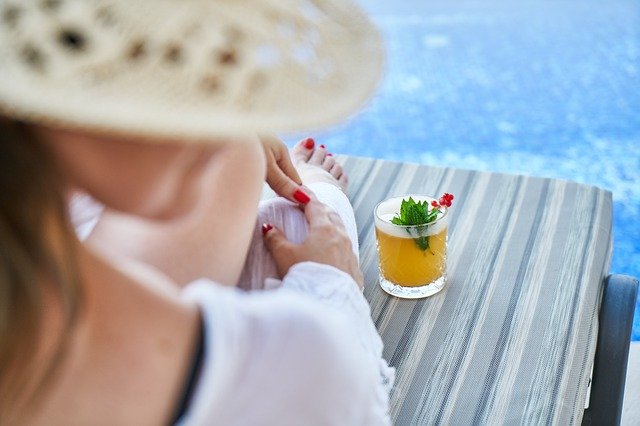What You Need to Know Before Mixing Cocktails
Everyone wants to believe that they are capable of creating a perfect cocktail. What could be easier than dumping some ingredients into a mixer and stirring it up before emptying the mixture out? Wrong!
The greatest tasting cocktail requires a variety of skills and knowledge; there is a reason why bartenders are required to undergo extensive training. Here are some of the most important. Throughout this chapter, we’ll provide you with a quick lesson on drink mixing so that you can prepare the ideal cocktail every time.
Quality is paramount.
When it comes to equipping your home bar, don’t skimp! The quality of your ingredients has a direct influence on the overall quality of your cocktail recipe. Not that you should run out and get the most costly products available, but we do advise you to stay away from that $5 bottle of gin!
Cheap liquors not only taste bad on their own, but their flavor also has an impact on the final flavor of your drink when mixed with other ingredients.
Quality does not simply pertain to alcoholic beverages. Cocktails are made using a variety of different components, such as juices, fruits, and sodas, in addition to alcohol. Always make an effort to select goods that are both fresh and of excellent quality.
Choose brand name over store brand, fresh fruits over frozen, and freshly squeezed fruit juices over concentrates when making food choices. A recipe that asks for a certain brand of item that you may not regard to be a “quality” ingredient may be the lone exception to this guideline.
As an illustration, consider a recipe that asks for “Tang” instead of orange juice as an example of this.
We recognize that you may not always be able to get the finest of the best, but we encourage you to obtain the best that you can afford.
Temperature and Its Importance in Sports
Few people are aware of the extent to which temperature may alter the taste of a drink. You should always make sure that the temperature of your drink matches the temperature of your glass – it does make a difference! A cold drink should be served in a glass that has been cooled.
What is the significance of this? A cold glass can keep a cold drink colder for a longer period of time without the need for ice, which may dilute a drink needlessly.
Glasses for cold beverages may be chilled by placing them in the freezer or by filling them with ice and emptying them before pouring your beverage.
When it comes to heated beverages, glass temperature is equally as crucial as it is when it comes to cold drinks. If you are serving a warm or hot beverage, make sure that your glass is warm as well as the beverage.
Warming glasses may be accomplished by placing the glass over an open flame and slowly warming it, or by using the warmth of your hands to warm the glass. Also available is a specific sort of glass that is designed to retain heat from hot beverages.
To Garnish or Not to Garnish? That is the question.
However, even though garnishes are visually appealing, you are not required to use them for every drink!
An major function played by the garnish in the drink – for example, a lime that contributes to the overall taste of your cocktail – necessitates the use of that lime in the recipe. For recipes that do not call for garnishes, on the other hand, they aren’t always essential.
Measure, measure, and more measurement!
The most common pet peeve of those who drink in bars is when a bartender “cheats” them out of the booze in their cocktail.
While this may happen from time to time, the reality of the matter is that the taste of cocktails is reliant on the proportions of the various ingredients used!
If you alter an ingredient in a cocktail by even a little quantity, a sweet drink may become tart, a fruit drink can become bitter, and a wonderful drink can become filthy! Make use of your bar equipment to ensure that each and every cocktail you prepare is accurately measured and correctly blended.
What is the significance of Ice?
Ice is not required in all cocktails, but it is used in a large number of them, which indicates that ice plays a big part in the final product of the majority of cocktails.
Non-filtered water ice is preferable to unfiltered water ice (if you don’t have any on hand, purchase a bag of ice from the shop!) but the kind of ice you choose is also important.
Ice cubes, cracked ice, shaved ice, and block ice are some of the several forms of ice. These various types of ice impart distinct characteristics to different beverages, therefore pay close attention to a recipe when it specifies a certain kind of ice and, if at all feasible, use that type of ice.
5 Ways To Halve Your Grocery Bill Gourmet Coffee Drinks with Liquor Cold Drinks Made with Brewed Coffee Types of Espresso-Infused Hot Drinks Hot Drinks Made with Brewed Coffee Making Espresso




